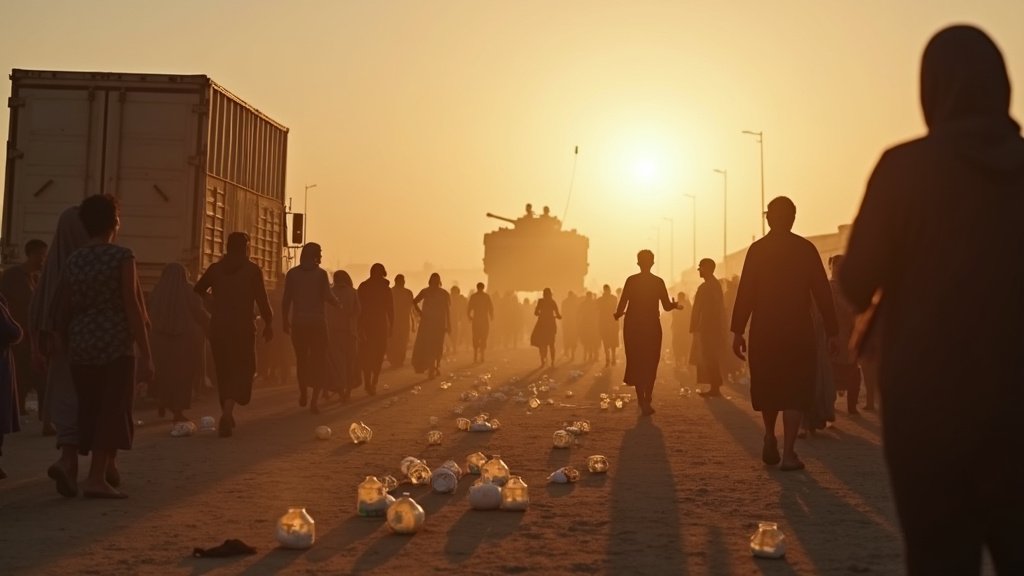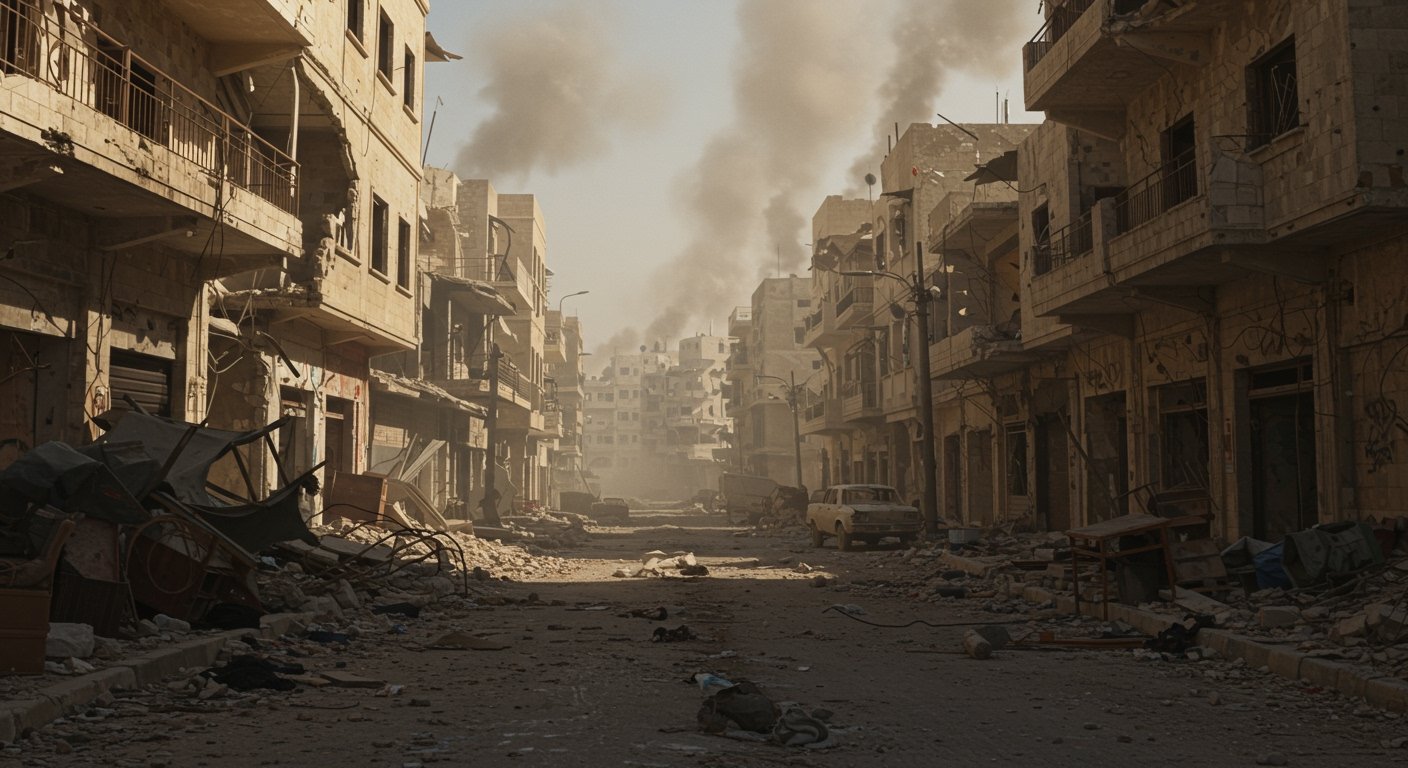Washington D.C. – Ten Americans are en route to the United States after being freed in a prisoner exchange involving the U.S., El Salvador, and Venezuela. The announcement, made by Secretary of State Marco Rubio, marks a notable development in international diplomacy, though specific details of the swap remain undisclosed. This news emerges as part of the latest wave of international updates, highlighting the complex web of global relations and the ongoing efforts to secure the release of citizens held abroad.
The Diplomatic Breakthrough
The release of the ten Americans represents a hard-won victory for U.S. diplomatic efforts. While the exact circumstances leading to their detention and subsequent release are currently unknown, the fact that a prisoner swap involving multiple countries has been successfully negotiated underscores the tenacity of the involved parties. Such exchanges are often the culmination of months, if not years, of behind-the-scenes negotiations, requiring delicate balancing acts and a willingness to compromise on all sides.
The specifics of the agreement, including the identities of those released by the U.S. in exchange, have yet to be fully revealed. This lack of immediate transparency is not uncommon in these types of sensitive situations, as governments often prioritize the safety and security of those involved and the ongoing diplomatic channels. The focus is, understandably, on the safe return of the Americans, with further details likely to emerge in the coming days and weeks.
The involvement of El Salvador and Venezuela adds another layer of complexity to the situation. Both countries have their own intricate relationships with the United States, with varying degrees of cooperation and tension existing at different times. The fact that these nations were willing to participate in a prisoner exchange suggests a shared interest in improving relations and a willingness to engage in dialogue, even on difficult issues.
Implications of the Exchange
This successful prisoner swap sends a strong signal about the efficacy of diplomatic efforts. It demonstrates that, even in challenging geopolitical climates, cooperation and negotiation can yield positive results. The release of the Americans will undoubtedly be celebrated by their families and friends, and it will serve as an encouragement to those still working to secure the release of other citizens held abroad.
Furthermore, this event has the potential to influence the future approach to international relations. It highlights the importance of establishing and maintaining channels of communication, even with countries with whom the U.S. may have significant disagreements. The willingness to negotiate and compromise, even in the face of adversity, is crucial in resolving conflicts and protecting the interests of citizens.
The success of this prisoner swap might encourage similar negotiations in other cases. Governments might see the outcome as a viable strategy to address hostage situations or other circumstances in which their citizens are detained by foreign powers. As such, it can be argued that the event sets a precedent that strengthens the position of diplomacy in settling international issues.
The details still pending disclosure, such as the identities of the freed Americans and the specifics of the terms of the agreement, will be of great interest and importance in evaluating the comprehensive implications of the exchange. The way in which the U.S. government manages its relationship with El Salvador and Venezuela, following this exchange, may further reveal additional features of how this deal may influence foreign policy.
The Broader Context of International Relations
The prisoner swap is taking place amidst a dynamic landscape of international relations. The world is navigating an environment of complex challenges, with various governments grappling with issues like terrorism, human rights, economic instability, and geopolitical tensions. In this context, events such as this prisoner exchange, that can result in positive change, need to be acknowledged.
Each country participating in the exchange has its own priorities and motivations. The U.S. clearly prioritizes the safety and well-being of its citizens. El Salvador and Venezuela may see the swap as an opportunity to improve their relationships with the U.S., address internal concerns, and potentially secure concessions on other issues. The convergence of these interests made this prisoner exchange possible.
This prisoner swap is an example of how governments work to solve the complexities of international diplomacy. It is a reminder that even when there are disagreements, dialogue and collaboration can lead to concrete achievements. The exchange will hopefully inspire additional diplomatic efforts in pursuit of similar goals, in order to increase the security of citizens abroad and establish more trusting relationships between countries.
Future Outlook
As the ten Americans return home, the focus will shift to understanding the full scope of the situation. Investigations will likely be underway to determine the circumstances surrounding their detention, and the U.S. government will need to provide assistance and support for their reintegration. Further details will eventually be released to the public, offering a more comprehensive view of the complexities involved.
The repercussions of the exchange will likely be felt for some time to come. The U.S. will be monitoring the actions of El Salvador and Venezuela to ensure that the terms of the agreement are honored. There will also be ongoing efforts to build on the diplomatic momentum created by the swap, exploring opportunities for further cooperation and dialogue.
In conclusion, the release of the ten Americans represents a significant diplomatic achievement. The collaboration of the U.S., El Salvador, and Venezuela in this prisoner swap underscores the importance of international cooperation and the power of negotiation. The details of the agreement remain to be fully disclosed, but the successful return of the Americans to their homeland is a moment of triumph, highlighting the commitment to protecting its citizens and the ongoing pursuit of solutions through diplomatic means.










